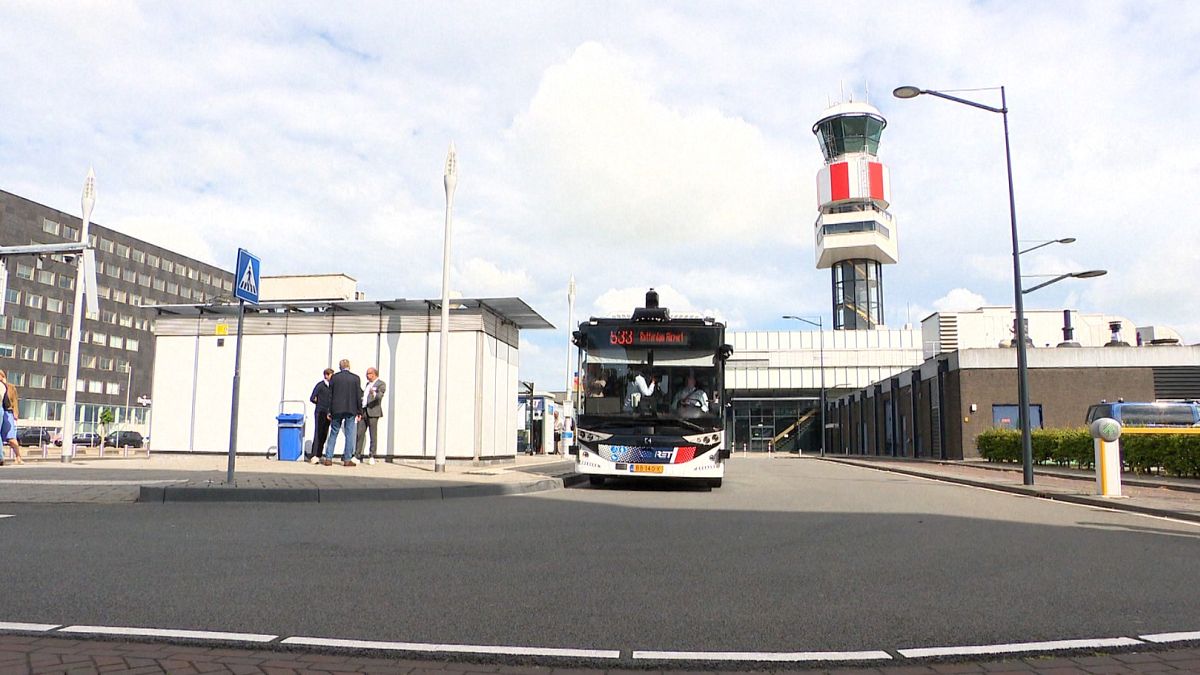

The landscape of technology continues to evolve with remarkable innovations enhancing various aspects of our lives. From public transportation to the art world, advancements are being made that showcase the limitless potential of technology. This article explores recent developments in self-driving buses in the Netherlands, a robot artist creating portraits, significant advancements in AI-driven chips, and a cutting-edge personal assistant extending the capabilities of artificial intelligence.
In an exciting move towards the future of transportation, the Netherlands is set to trial its first self-driving bus, which will begin its journey on public roads in Rotterdam on August 1. The autonomous bus is paving the way for sustainable and efficient travel options, aimed at streamlining connections to major hubs like Rotterdam The Hague Airport. This initiative is not only a step towards smarter cities but also promises to enhance commuter convenience by easing traffic congestion and reducing emissions, embodying the spirit of innovation and sustainability.
Across another horizon of creativity, Ai-Da, the ultra-realistic robot artist, has captured attention by unveiling a unique portrait of King Charles III at the United Nations. Leveraging advanced technology with high-tech cameras embedded in its eyes and a robotic arm tailored for artistic creation, Ai-Da showcases the intersection of art and technology. This fusion invites reflection on the evolving role of creativity in the age of artificial intelligence, illustrating how machines contribute to the timeless pursuit of artistic expression.
The technological frontier further expands in the semiconductor industry, where Taiwan Semiconductor Manufacturing Company (TSMC) reported a significant 60% increase in profit in the second quarter of 2025. This growth is primarily attributed to the surging demand for AI chips, crucial components that power a multitude of smart devices and applications. TSMC’s remarkable performance underscores the growing reliance on AI-driven technology, emphasizing its importance in supporting global digital infrastructure and innovation.
Simultaneously, in the realm of artificial intelligence, OpenAI has unveiled a new personal assistant feature for ChatGPT that transforms how users interact with technology. This AI agent, available worldwide except in the EU, enhances user experience by performing a variety of tasks such as making restaurant reservations, organizing shopping activities, and managing tasks through web browsers and software tools. While OpenAI acknowledges potential risks associated with such capabilities, the innovation reflects a significant stride towards personalized and efficient AI applications, shaping future interactions between humans and machines.
These concurrent developments reflect a world leaning into the possibilities of technology to improve and enrich lives. Whether fostering connectivity through autonomous transportation, blending art with machine intelligence, or optimizing operations through advanced chips and personal assistants, these innovations herald a new era of technological synergy. As we navigate this evolving landscape, thoughtful integration of these advancements promises a future that holds the promise of enhanced harmony between technology and daily life.
Source: {link}
